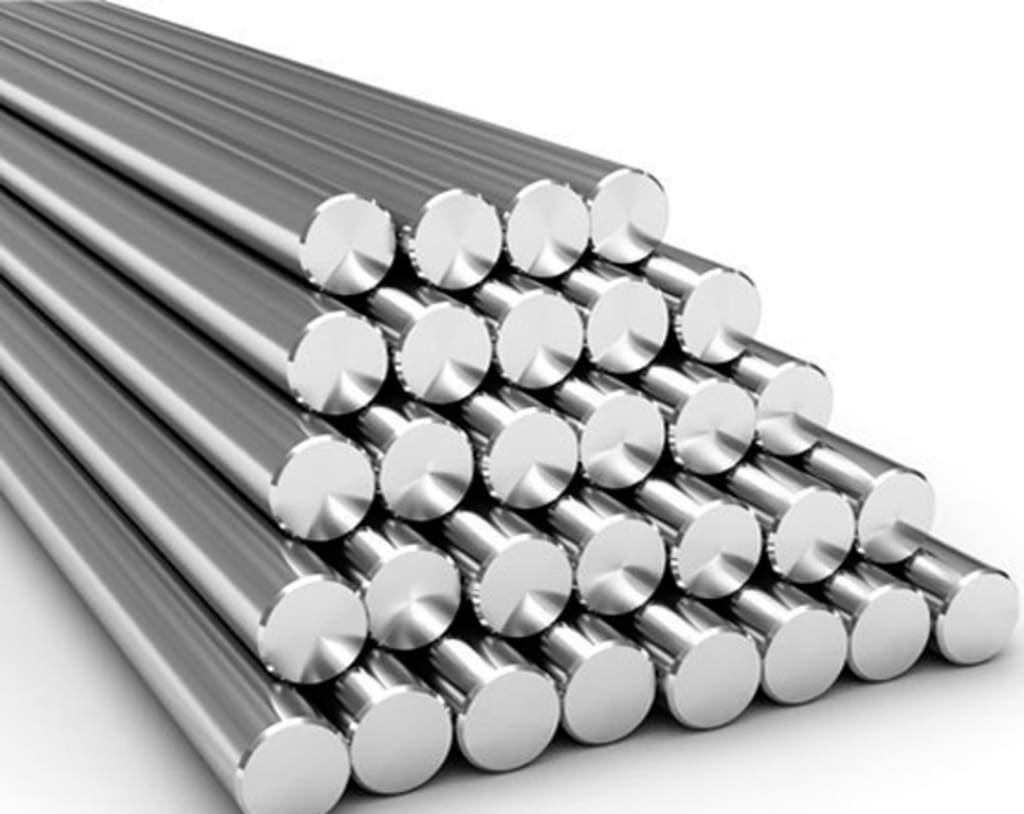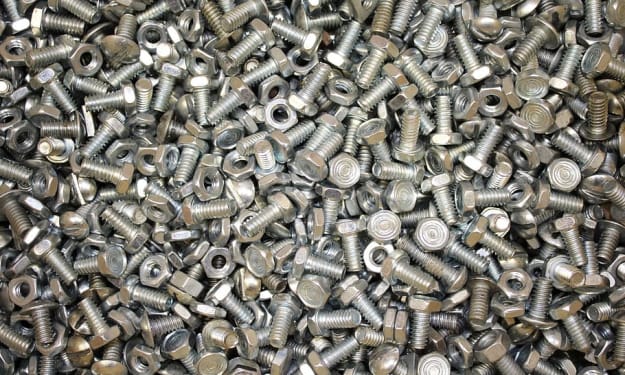
Stainless steel is an alloy metal formed by combining specific proportions of carbon, iron, chromium, nickel, molybdenum, and other metals. When we combine all of these metals in a specific proportion, we get an alloy, i.e. Stainless Steel. Stainless steel is a fantastic metal. The alloy is resistant to corrosion in all conditions and far stronger than any other metal. Furthermore, due to its high resistance to all types of damage, the alloy is widely used. There are many grades of stainless steel, which are defined by the metals' differentiating ratios.
Steel corrodes due to the fact that iron, the metal used to make steel, occurs naturally in combination with other elements. After being artificially manipulated into a pure form for the purpose of making steel, iron ore becomes unstable and readily recombines with oxygen. When chromium is added to steel, chromium oxide is formed, which acts as a protective surface to prevent rusting caused by air and moisture, as is the case with ordinary steel. Depending on the application or environment in which the steel will be used, chromium is added in amounts ranging from 10.5 to 30 percent.
Stainless steel 316
With a minor exception, the contents of SS 316, which belongs to both series 300 and 316, are the same. The chromium content ranges from 16.5 to 18.5 percent, the carbon content is 0.07 percent, the nickel content is 10-13 percent, and the molybdenum content is 2-2.5 percent. Stainless Steel 316 Round Bar is made from austenitic stainless steel.
The alloy contains chromium, nickel, and molybdenum. At 20°C, the Ultimate Tensile Strength ranges from 50000 to 70000 MPa, and the Yielding Strength ranges from 20000 to 20000 MPa. Because SS316 contains more Molybdenum than 304, it is much more resistant to pitting and corrosion and is unaffected by temperature fluctuations. Although the appearance of SS 304 and SS 316 is similar, their compositions differ.
Round Bars
Metals possess properties that polymers do not. Metal bar load-bearing capacity and strength are possibly the most important considerations. Iron and steel are the first metals of choice due to their ease of availability and low cost. Round steel bars are among the most commonly used steel bars in construction and other engineering jobs due to their versatility. Stainless Steel 316 Round Bars are available in thicknesses ranging from 5mm to 500mm, diameters ranging from 0.1mm to 100mm, and lengths ranging from 100mm to 1300mm and beyond.
The most common bar shapes are round bars, square bars, flat bars, threaded bars, hollow bars, hexagonal bars, and triangular bars. These round bars are commonly used in the production of other stainless steel products such as small pipe fittings, small tools, and instruments. Pipes and tubes can also be made from round bars. Stainless steel 316 round bars are ideal due to the properties of grade 316. Despite the fact that polymers are rapidly replacing metals in many applications, they cannot completely replace the usability of metallic parts.
Applications of SS Round Bars?
Because of their high corrosion resistance, stainless steel round bars are widely used in industries. Pipes that transport crude oil to the plant for conversion are made from Stainless Steel 316 Round Bars at the Petroleum Refinery. TheSS 316H Round Bars Grade is particularly popular. Because it can withstand steam, fluids, or any substance, this grade is used for the outer covering of boilers. Pipelines use grade 316 pipes because they can withstand water for an extended period of time. Because of its resistance to water and steam, this alloy is used in cooling towers, and it is also used in the production of steam exhausts. Because it is electrically compatible, this alloy grade is used in power plants.
SS 316H Round Bars are used in a variety of applications including paper manufacturing, waste treatment, pharmaceutical, and food processing equipment. Pipes made of SS 316 round bars are also used in the food and beverage industries because they are resistant to edible reactions. As a result of its resistance and strength, the SS 316 grade is used all over the world. The advantage of SS 316 round bars is that they are simply stronger and more resistant to corrosion and any type of condition.






Comments
There are no comments for this story
Be the first to respond and start the conversation.